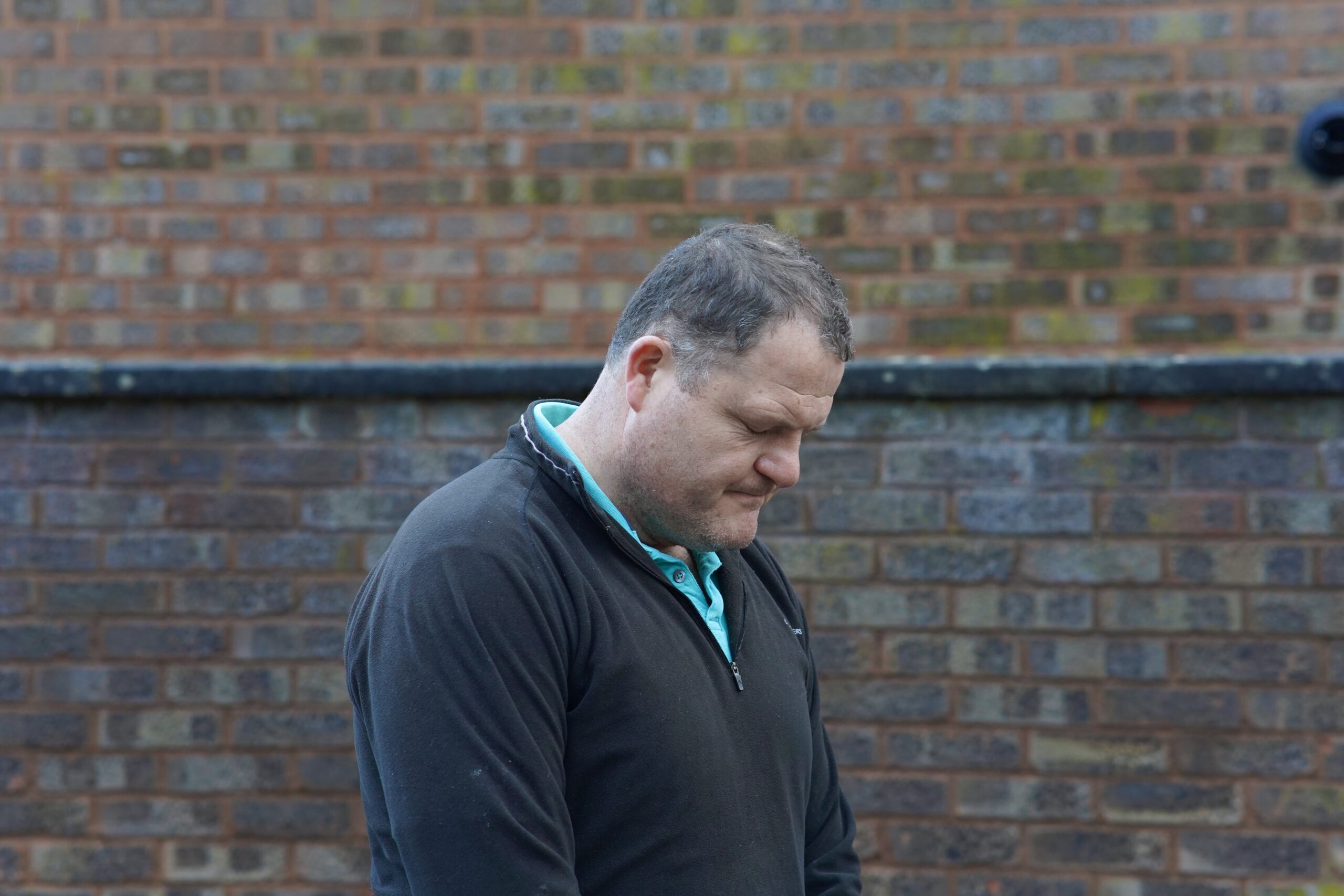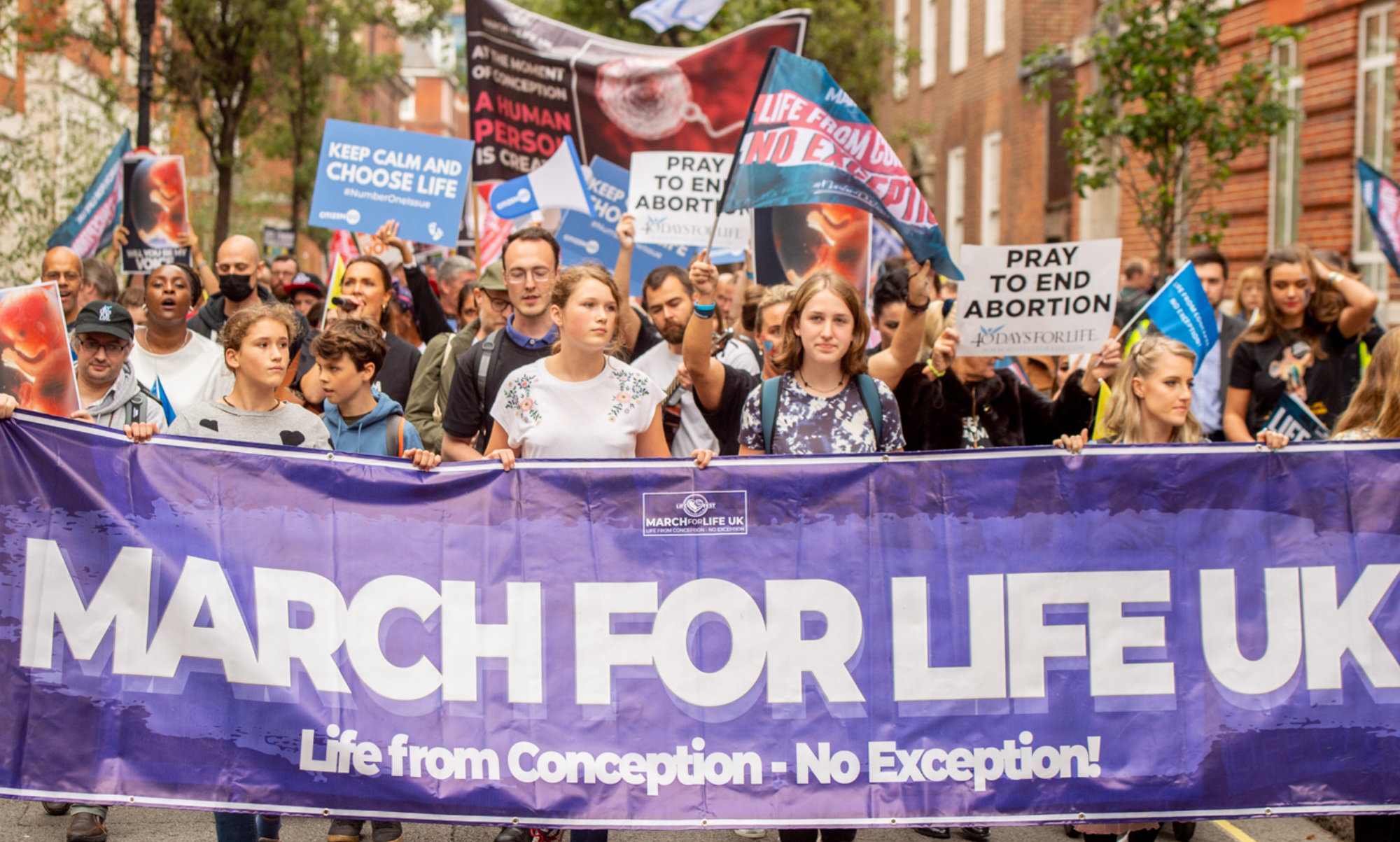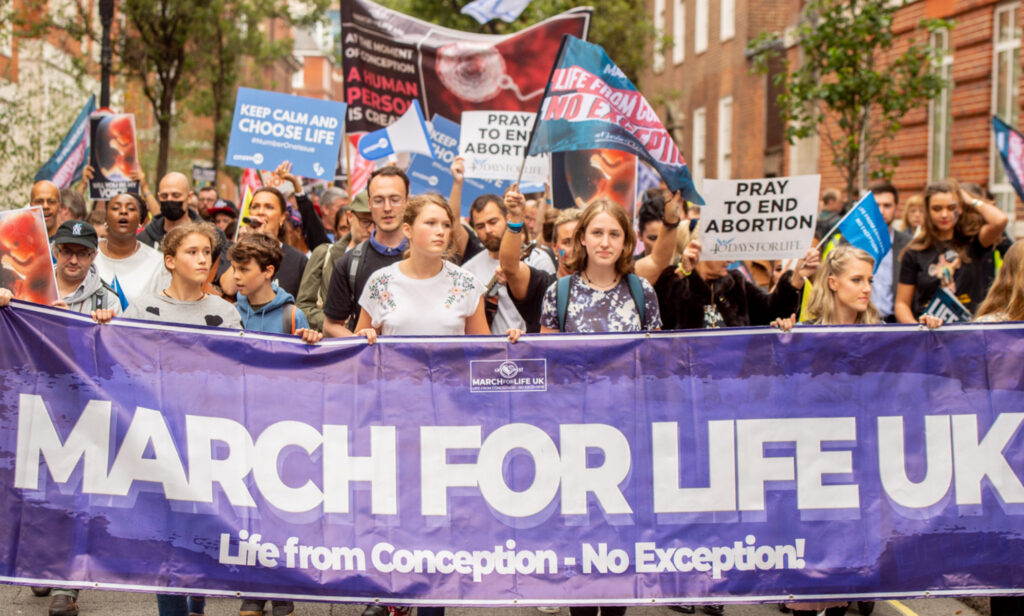- Father of two, who served in Afghanistan, faces day 2 of criminal proceedings TODAY for praying silently in abortion facility “buffer zone”
- UK Government announce “buffer zones” nationwide rollout 31st October – human rights experts warn “disproportionate” legislation “lacks clarity”

LONDON (18th September 2024) – The UK Home Office have announced today that a ban on “influencing” within 200m of an abortion facility will commence 31st October 2024.
The legislation was passed as part of the Public Order Act 2023 under the Conservative government, but has not yet been enforced.
In a press release issued 18th September, the Home Office confirmed that anyone found guilty of breaking the law – including by “influencing” someone within 150m of an abortion facility, will face an unlimited fine.
"Good law should be clear, consistent and predictable, but the buffer zones legislation set to be enacted is vague and broadly drafted."
- Jeremiah Igunnubole, Legal Counsel for ADF UK
Human rights experts warn that the ban on “influencing” is too broad, leaving innocent people open to prosecution for engaging in consensual conversation or even silent thought:
“Good law should be clear, consistent and predictable but the buffer zones legislation set to be enacted is vague and broadly drafted. By banning “influencing” – a broad and sweeping term – over an area stretching 300m in diameter, the law is wide open to misinterpretation and abuse.
“In the places where “buffer zones” already exist under local authorities, we have already seen three individuals prosecuted over the past two years, simply for praying silently in the privacy of their own minds.
“Engaging in silent prayer, or consensual conversation, are peaceful acts protected by human rights law. And whilst the government has heeded calls to refrain from naming these acts as criminal offences, the threshold for criminality remains intolerably unclear. It is now incumbent on the CPS and the College of Policing to provide guidance that reflects existing protections for freedom of thought and speech – keeping the UK in line with international legal standards. Thoughtcrimes are for 1984 – not 2024,” said Jeremiah Igunnubole, Legal Counsel for ADF UK.
Despite recent reports that Ministers were considering naming silent prayer as an offence in buffer zone guidance, the government did not ultimately publish such guidance.
The news comes weeks following a victory for freedom of thought, when West Midlands Police had to pay out £13,000 in settlement for the unlawful arrest of Isabel Vaughan-Spruce, a charitable volunteer who prayed silently near a clinic in Birmingham.
Day Two of Silent Prayer Trial TODAY, Bournemouth
Adam Smith-Connor, the father and army veteran criminally-charged for praying silently near an abortion facility in Bournemouth, will appear today before Poole Magistrates’ Court for the second day of his trial.
Bournemouth, Christchurch & Poole Council filed the charges on the basis that Smith-Connor was praying within a censored “buffer zone” – an area covering several streets in the town – in which the council have banned various expressions of pro-life or Christian belief, including through offering help to women in crisis pregnancies, or praying.
You are currently viewing a placeholder content from YouTube. To access the actual content, click the button below. Please note that doing so will share data with third-party providers.
More InformationRead the full text of the Public Spaces Protection Order here.
The defence contends that a mere thought cannot amount to a crime, and authorities must not criminalise citizens for the opinions or beliefs they hold in their minds on any given public street.
On the date in question, Smith-Connor prayed silently for approximately three minutes before being approached by police officers. Yet the legal proceedings have continued for almost two years, and the trial is scheduled to take place for three days.
According to a Freedom of Information (FOI) request in February, the Council has so far run up legal fees – charged to the public purse – in excess of £34k to prosecute an offence carrying a maximum fine of £1k. The cost incurred by the Council has likely doubled in light of recent trial costs.
“Nobody should be prosecuted for silent prayer. It is unfathomable that in an apparently free society, I am being criminally charged on the basis of my silent thoughts, in the privacy of my own mind. It’s not different than being tried for a thoughtcrime.
“I served for 20 years in the army reserves, including a tour in Afghanistan, to protect the fundamental freedoms that this country is built upon. I continue that spirit of service as a health care professional and church volunteer. It troubles me greatly to see our freedoms eroded to the extent that thoughtcrimes are now being prosecuted in the UK,” said Adam Smith-Connor.
A lack of clarity from police
Smith-Connor’s case has unveiled confusion amongst police officers regarding the permissibility of silent prayer in UK law.
In a filmed encounter with police on another occasion in which Smith-Connor had silently prayed in the same spot, officers had informed him that he was not breaking the law, remarking, “this is England and it’s a public place and you’re entitled to do that.”
Images for free use in print or online in relation to this story only
Pictured: Adam Smith-Connor; Adam Smith-Connor praying outside Poole Magistrates Court with Isabel Vaughan-Spruce; Jeremiah Igunnubole, ADF UK








